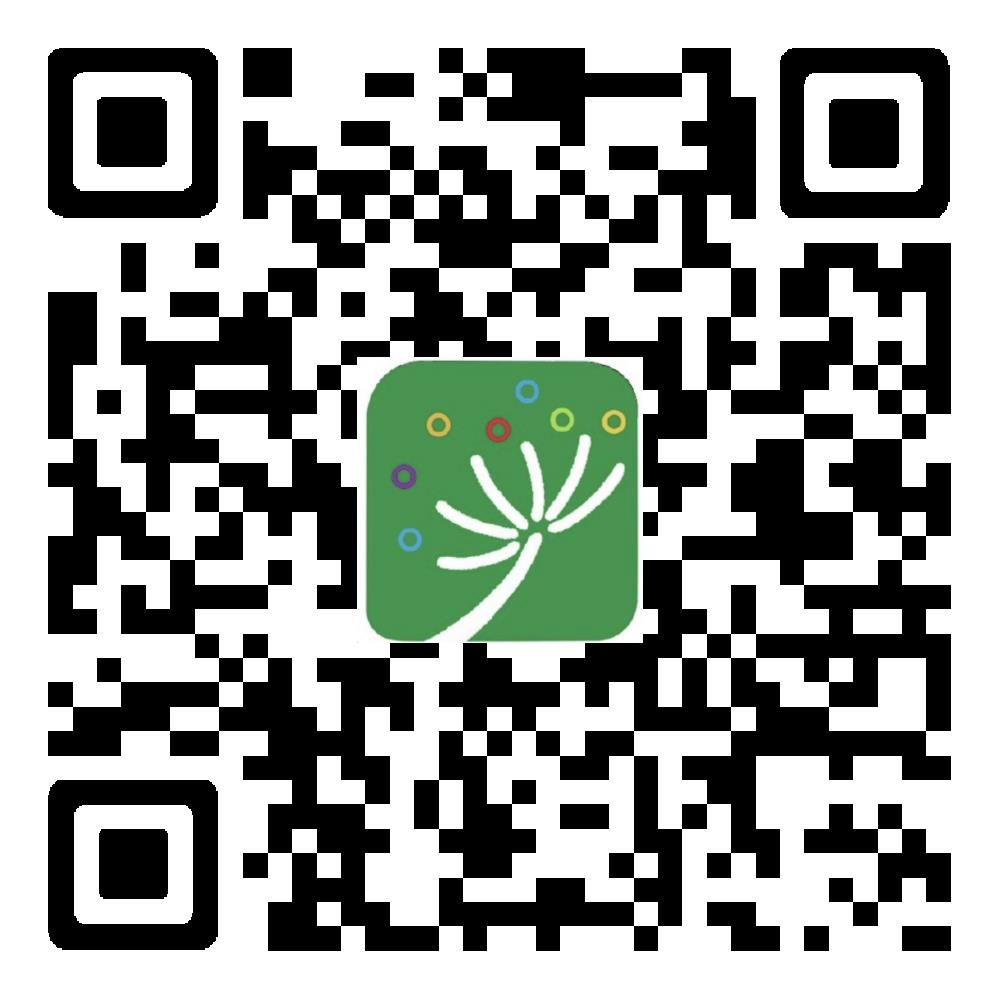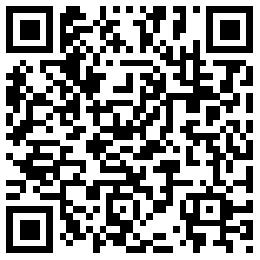On March 3, Ma Huateng, NPC representative and Chairman and CEO of Tencent Holdings Ltd., when questioned by journalists about internet safety for children and teens, told journalists that “combating gaming addiction among young people is one of our biggest and most urgent problems. The government in China has tightened its control over the gaming industry over the past year, and we want to use this as an opportunity to scale up our own measures, introduce more rigid mechanisms to tackle the issue, and crack down on gaming addiction among minors. ”
With the overwhelming surge in internet use over the past few years, the average age at which children begin using the internet has plummeted. This in turn has made internet safety for children and teens a common public concern. In response to this growing problem, Ma drafted a set of 7 recommendations with proposals for “multiple measures to safeguard the online safety of minors”.
Ma’s raft of proposals offer avenues to tackle the problem from different angles: managing children’s access to the internet, parent control tools, industry-side technological solutions, public awareness-raising campaigns, and promotion of institutional research into the issue. In addition, Ma further offered 4 practical recommendations:
1. Construct an integrated internet platform to be able to effectively distinguish minors from other users. A “single-entry point” platform would be added to existing safety and parent-control tools provided by industry, to manage on-line access. This would equip those responsible for children’s internet access not only with more effective, but also more personalized means to control internet use.
2. Accelerate the adoption of an internet age certification system compliant with China’s values.
Spearheaded by the Government Department responsible for certifying content, a classification system and set of reference standards to identify dangerous material should be established as soon as possible, reflecting the specific characteristics of each under 18 age group. This system should distinguish content that could have an adverse effect on the mental and physical wellbeing of minors from content considered to be suitable and that has a positive influence on children and teens.
3. Comprehensively reinforce internet literacy and technical awareness among the general public. Aside from promoting child and teen internet safety, it is also necessary to raise general awareness and understanding of the internet among minors, guardians, and teachers etc. This action should be led by civil administration and education authorities, under the framework of a “public internet literacy” plan drawn up to equip the general public with a more thorough and accurate understanding of what the internet is and how to use it.
4. Encourage the establishment of relevant research institutes and civil society organizations, to reinforce the pool of qualified experts in the field. The establishment of research institutes and civil society organizations for the protection of minors using the internet, should be encouraged, as should research into this field and the training of experts. This should be accompanied by proactive efforts to organize international exchanges to gather information on successful experiences from other countries.




